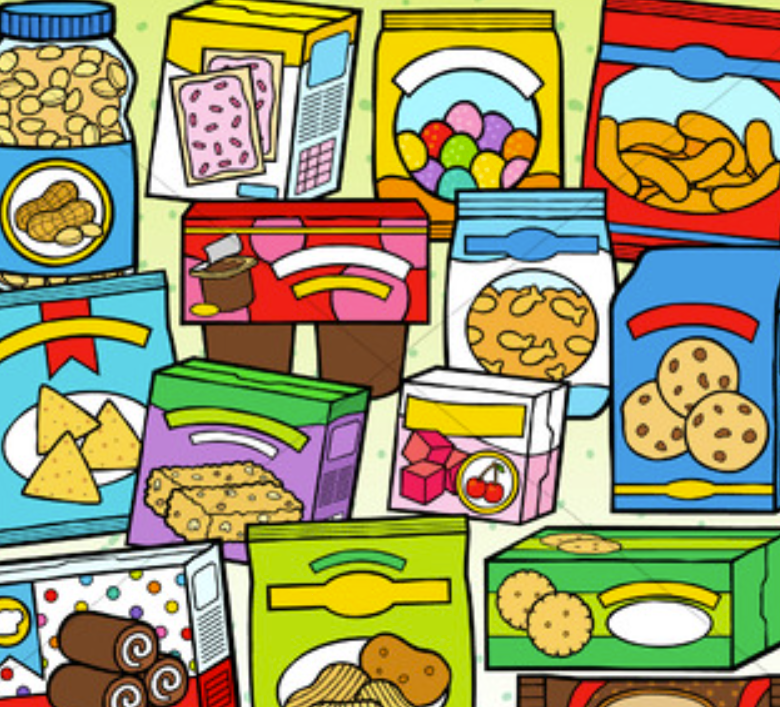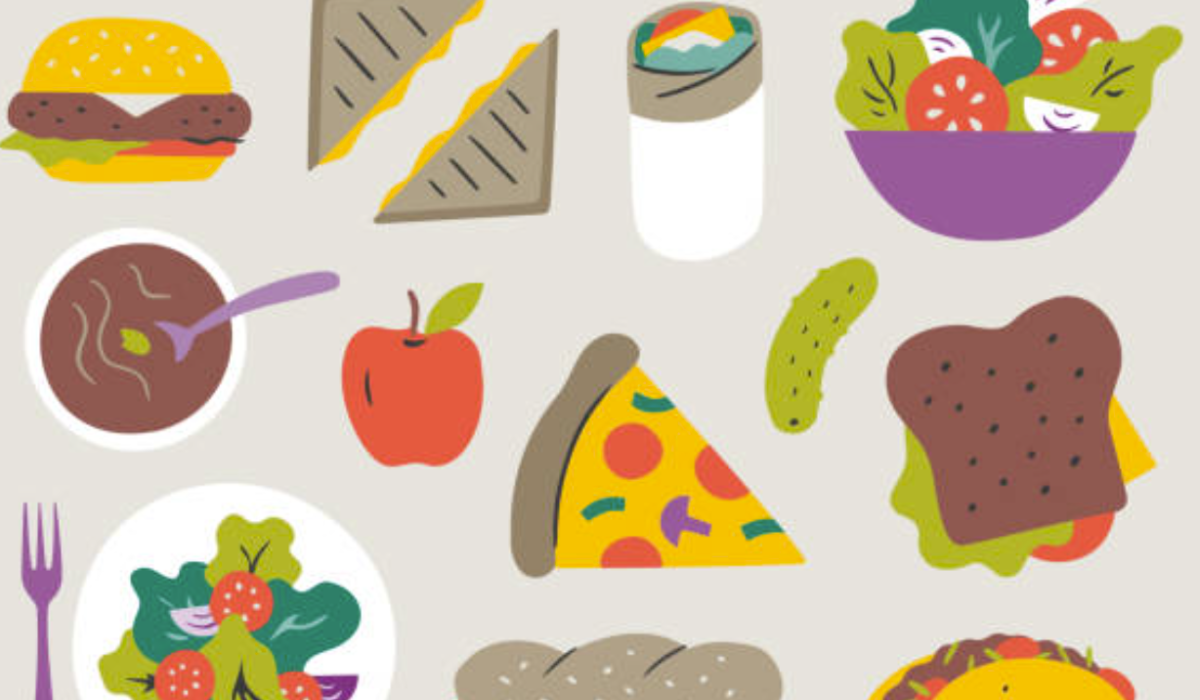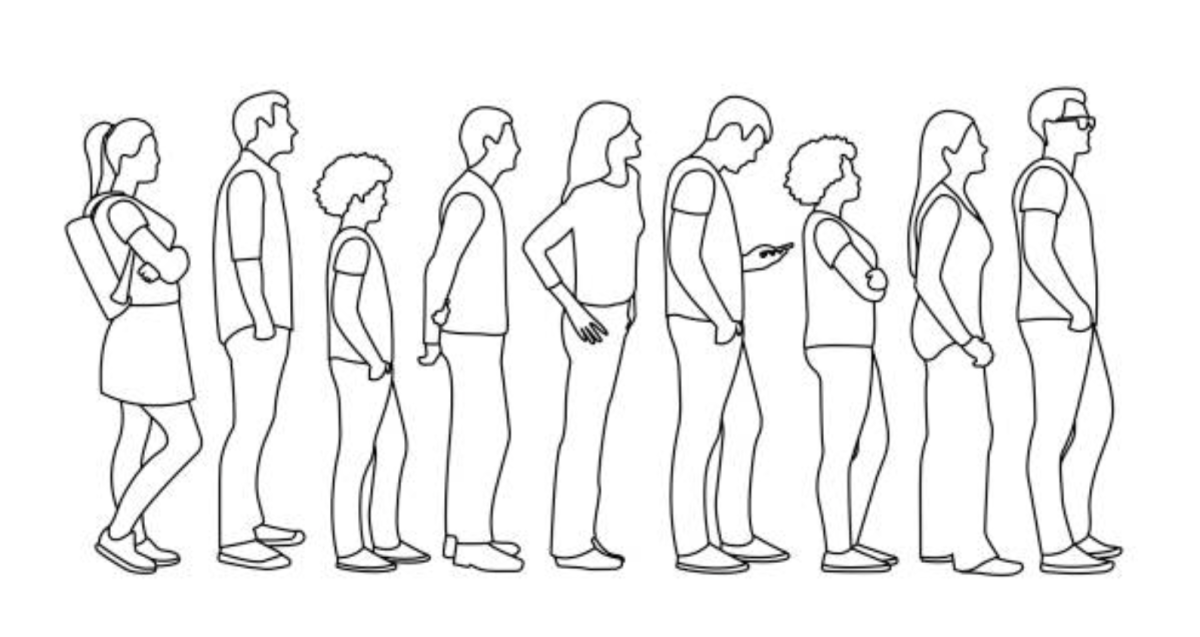Imagine having to raise prices for an event when you could have made the money in a more convenient way. A problem at South High and Massachusetts in general, is not being able to sell snacks in school. I believe that we, as high school students, have the capability to dictate what we choose to and not to eat. Kids who are too young to make decisions for their own nutrition or are mentally too impulsive are understandable, but high schoolers?
Not only does the ban tell high school students that we cannot make simple choices for ourselves, but banning snack sales cuts out all bake sales and snack sales which usually fund school events (such as prom, field trips, parties, and occasions). South had to raise prom tickets an extra twenty dollars just to afford the event! Over 20% of teens ages 16-19 have jobs- that’s about 5.5 million students- some of us can even be on the road, but we aren’t trusted to make our own food decisions?
The main reason of this ban was, “If we didn’t have so many kids that were obese, we could have let things go,” stated by Susan Fargo, a state senator back in 2012 when the concern was first brought to attention. At the time the obesity rate for children was 16.9% of kids to teens aging 2-19 in the United States. Today, the rates are much higher. A Harvard study states that one out of six children are obese. While this would be concerning if obesity rates were only prevalent in kids, it is more prevalent in adults. In 2012 adults were obese with an alarming rate of 34.9%, today they are at a whopping 41.9%.
If it were truly these snack sales in high schools contributing so strongly to health then why has the rate not gone down even after snack removal? It is because eating habits in high schoolers are already established. We make the choice with full awareness of its effects daily. Taking away snacks will not contribute to solving the problem if it was already existent at home.
In the official document stating the regulations around snack sales in schools, it specifically states that “competitive foods” cannot be sold in competition at meal time. To me this is absolutely ridiculous. Snacks are snacks, not competition or replacements for real meals and very few think of it that way. In my opinion, if a high schooler would rather pay for and eat highly processed chips or cookies over the free food you offer, there is a serious problem with the lunches.
It certainly is not just me who feels this way. The quality of our school lunches is undoubtedly poor and at times looks unappetizing. When even asked to come up with things they hate about school, many will say they are not a fan of school lunches. Statistics say that 60% of students eat school lunches but that fact is simply unreliable. You know how many kids take lunch, but not eat it. Many of us will go through the line just for a juice or a snack and throw the meal away. It is a complete waste of food and money. The schools do not even provide satisfying lunches that kids would choose to eat if they had a choice. In addition, South does not provide water anymore.
The solution starts not only at home but with the entire state as a whole. Obesity does not just come from eating an obscene amount of food, but a lack of exercise as well. The city of Worcester is a bit annoying to walk around between filthy sidewalks, traffic, construction, and non existent side walks. It is not a place you just want to go out to. Maybe with cleaner parks and communities people would like to be outside more. Of course, personal diet and wellness play a large role. If there was better education on foods and health then maybe we would be making better decisions.
Regardless, I think us high schoolers have the ability and intelligence to handle snacks being sold in schools.






